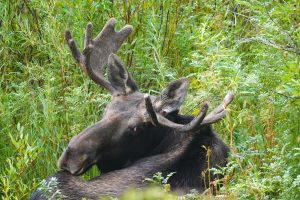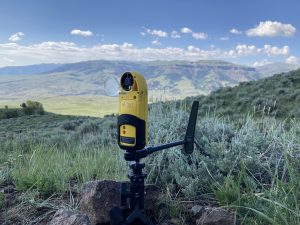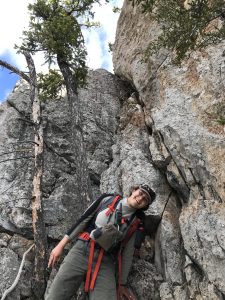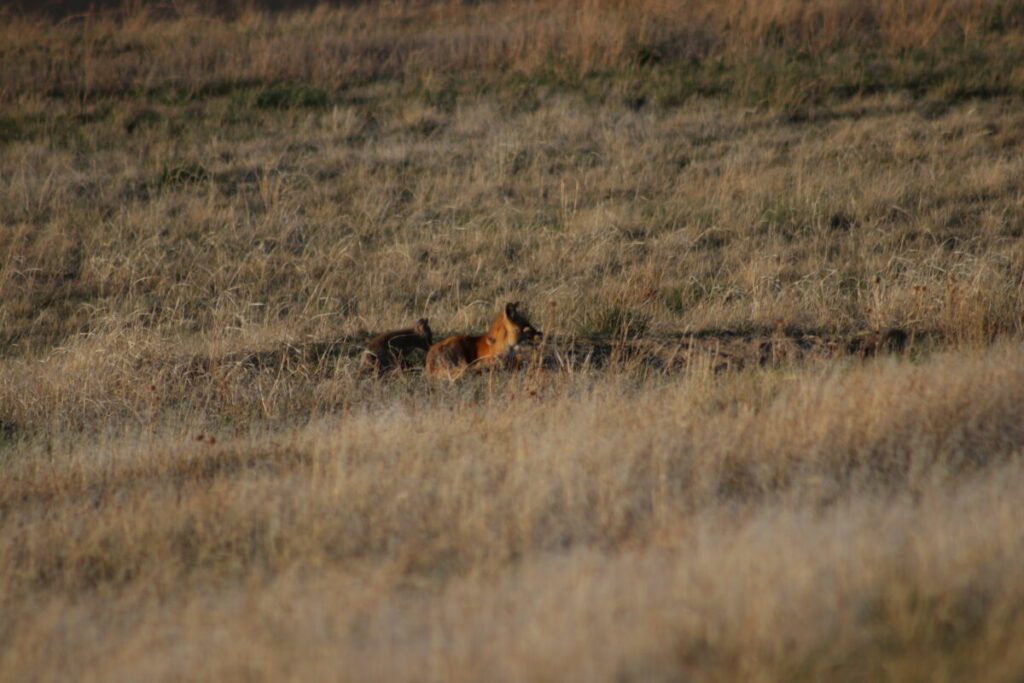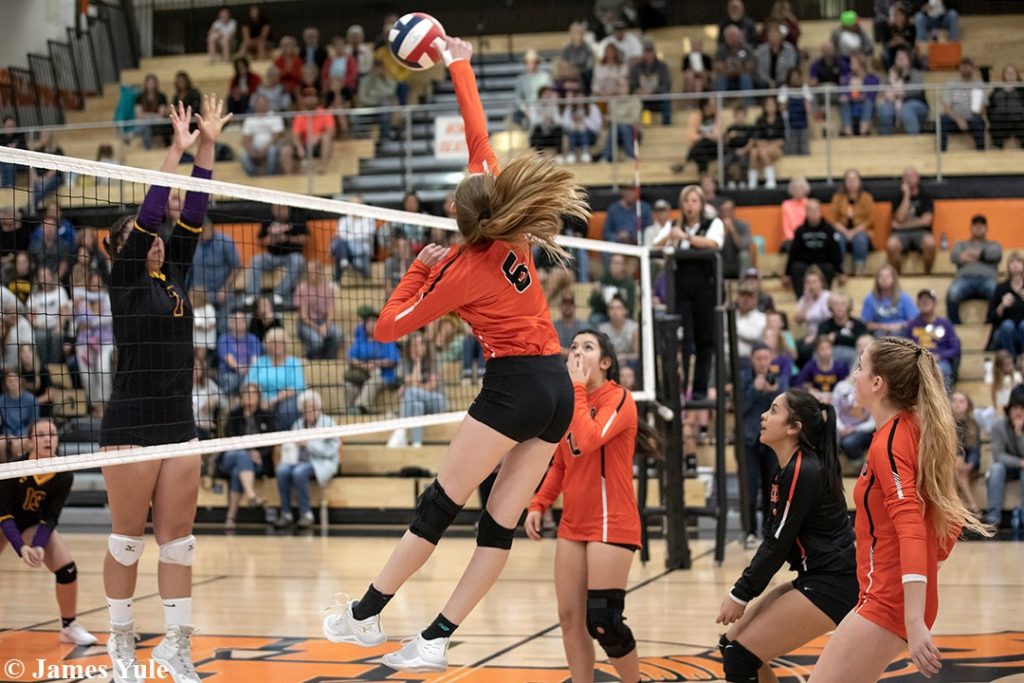Draper Museum Lunchtime Talk: The Costs of Thermoregulatory Behavior
Written by Caleb Nelson on September 27, 2022
On Thursday, October 6th, 2022, the Buffalo Bill Center of the West will host a free Draper Museum Lunchtime Expedition Talk titled, “The Costs of Thermoregulatory Behavior: How are Moose in the Cody Region Coping as Summers Intensify?” from noon to 1 p.m. in the Coe Auditorium.
The talk is being presented by Rebecca Levine.
This lunchtime lecture focuses on the ability of Cody’s moose population to cope with warmer and drier summer months. Since moose have large bodies, dark hair, and no ability the sweat, their ability to deal with higher temperatures can be a challenge. The word “thermoregulatory” simply describes the ability to regulate one’s body temperature.
According to researcher and Meeteetse Moose Project lead, Rebecca Levine, moose are resorting to behavioral change to stay cool in the face of conditions that “make life harder for them.” Levine will share insight on the topic at the next Draper Natural History Museum Lunchtime Expedition lecture on October 6th at noon.
Moose can overheat in 50-degree weather. To avoid overheating, moose slow their movement and seek out thermal refuge like shade or water. “However, these behavioral changes can have some unintended consequences on nutrition, reproduction, and survival,” Levine says. In her presentation, she will untangle moose navigation tradeoffs between immediate needs like heat stress, and long-term needs like reproduction.
Speaker Bio:
A graduate student at the University of Wyoming, Levine leads the Meeteetse Moose Project. As part of a larger research group, the Monteith Shop, she also studies other ungulates and contributes to research on the health of bighorn sheep and mule deer populations across the state.
Before arriving in Wyoming, Levine worked seasonally as a backcountry guide and outdoor educator. She completed her undergraduate degree at Swarthmore College with a major in Biology and minors in Spanish and Environmental Studies. She has spent the last three years studying moose, trying to understand how they navigate the competing demands of reproduction, nutrition, and survival. Levine says that much like moose, she also prefers to be in, on, or around water whenever possible.
Support for the Draper Museum’s Lunchtime Expedition lecture series has been made possible by Sage Creek Ranch and the Nancy-Carroll Draper Charitable Foundation.
This is an in-person talk but can also be attended virtually by clicking here and registering.
